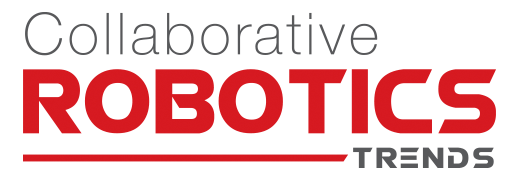
Not only can collaborative robots add flexibility and productivity in industrial settings, but they can also enable people with disabilities to be included in the workforce in ways that were previously not possible. “Inclusion 4.0 with collaborative systems” is a joint project involving wertkreis Gütersloh gGmbH, Rethink Robotics GmbH, and the University of Duisburg-Essen that uses two Sawyer robots.
Rethink Robotics has continued developing the Sawyer cobot and Intera software after being acquired by HAHN Group in 2018. It opened a new headquarters in Bochum, Germany, in September 2020.
wertkreis Gütersloh provides social services to the elderly and people with disabilities. It has 2,500 employees in 30 facilities in the Gütersloh district of Germany. For the development of the DIAZ system, the organization’s specialists were nominated for the inclusion award in the state of North Rhine-Westphalia this year.
The scientists at the Department of Manufacturing Technology at the University of Duisburg-Essen have been working for several years on the question of how cobots can be integrated into work processes. In 2018, they were awarded the inclusion price of the state of North Rhine-Westphalia.
Sawyer applied to adapting work processes
The project intends to use the two Sawyer cobots to provide opportunities for people with disabilities, said Rethink Robotics. It will do this through inclusion, education, and participation by means of adapted work processes and new types of applications.
The cobots will enable the implementation of quality controls directly at the assembly workstation, as well as the automated processing of production peaks, said the partners. The goal is to develop systems that help people with disabilities or people without the ability to express themselves to carry out complex work assignments independently.
“The areas of application for collaborative robotics are very diverse,” stated Daniel Bunse, CEO of Rethink Robotics. “Cobots can take on supporting activities in the company that are repeated very often. The cobot thus assists people in the workflow and relieves them physically.”
Digital transformation extends to inclusion
A prerequisite for assistive technologies is that they must be easy to program and use. Rethink Robotics said Sawyer fulfills these requirements with its intuitive operation and programming, as well as its flexibility and user-friendly design.
“Exactly such digital forms of assistance are a future model for people with handicaps,” said Michael Buschsieweke, managing director of wertkreis Gütersloh. “Ideally, at some point, they will be as natural as sight and walking aids. Simply a tool that enables people to participate in the labor market.”
“We are pleased that with the Sawyer cobots, we can introduce these techniques even better and strengthen competence and self-confidence in the context of use,” he said.
“Using workshops for people with disabilities as incubators for new systems is an approach with which we have had good experiences in the past,” said Holger Dander, project manager at the Department of Manufacturing Technology at the University of Duisburg-Essen. “In this environment, the focus must be placed on the human being so that the human-machine interaction works. Solutions that have proven themselves here can then be quickly and easily transferred to other areas of the working world.”


Leave a Reply
You must be logged in to post a comment.